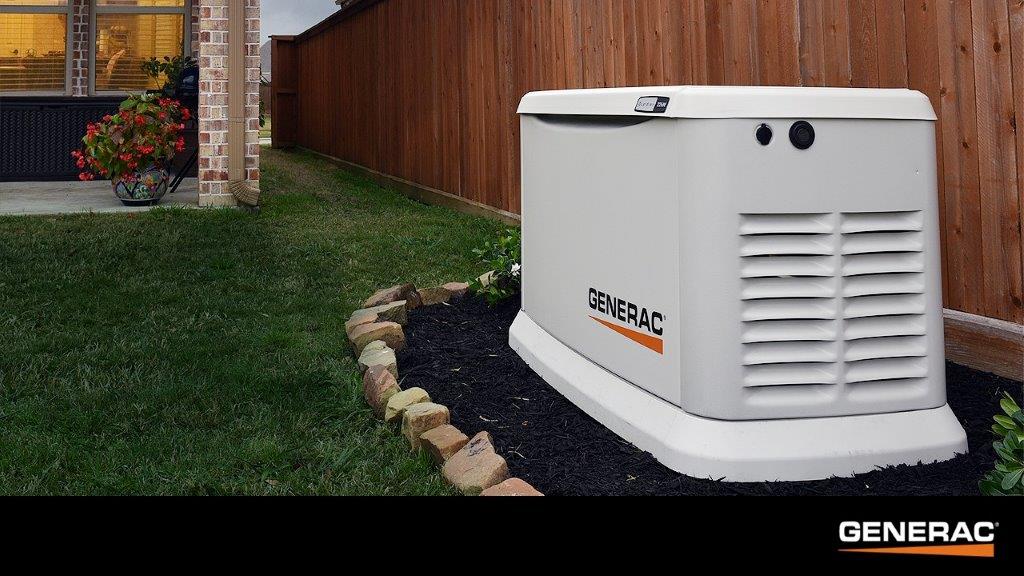Most generators sit quietly on properties, alone and abandoned, until a power blackout occurs. And for some reason, they’re always expected to work without a glitch. However, as with all electrical tools, generators can’t work well or last long without regular and proper maintenance. Routine maintenance minimizes the risks of accidents, damage due to overuse, and costly repairs. This way, you can trust your generator to work efficiently during a blackout.
There are several simple maintenance steps that you can perform yourself. These include turning the generator on and off periodically to check if it runs well and lightly cleaning the air filters. You can also check for signs of damage on the generator’s exterior since most generators sit outdoors and can sustain impact from falling debris or branches. The more complicated maintenance procedures, such as replacing spark plugs and changing the oil are best left to mechanical experts.
Professionals should undertake preventative maintenance, also called a general inspection, as well as major repairs on damaged generators. Preventative maintenance includes checking fuel lines and fuel pressure, deep cleaning air filters, and inspecting for battery corrosion. Also, technicians check the coolant levels and whether the generator motors are well-lubricated to prevent friction. After professional maintenance, the generator gets tested to measure the amperage and determine if it works as expected.
Generator maintenance is recommended in two instances. Firstly, schedule maintenance before winter sets in every year. Late fall and winter are prone to power blackouts caused by storms, which increase reliance on backup generators. Secondly, maintenance should also be performed after 200 hours of use since that’s enough to strain the systems and potentially damage something.
However, the frequency of maintenance largely depends on the use and environment in which the generator operates. So you can schedule maintenance for your generator anytime and as frequently as you find fit.
Key Takeaways:
- It’s important to schedule regular generator maintenance so that it can function when there’s an emergency.
- Fortunately, you can schedule regular maintenance on your generator any time of the year.
- Your generator requires a deep cleaning that is best left to a professional.
“A backup generator has a way of minding its own business on your property. It’s there for when an emergency strikes, but otherwise isn’t operating. This makes it easy to forget about the importance of maintaining the generator.”
Read more: https://www.schererelectric.com/blog/electrical/its-not-too-late-to-schedule-generator-maintenance/
Resources
https://www.linquip.com/blog/generator-maintenance-tessential-tips/#google_vignette
https://www.generatorsource.com/Generator_Maintenance.aspx
https://www.ultimatewasher.com/learning-center/how-to/generator-maintenance.htm
https://unifiedpowerusa.com/importance-of-generator-maintenance/


Recent Comments